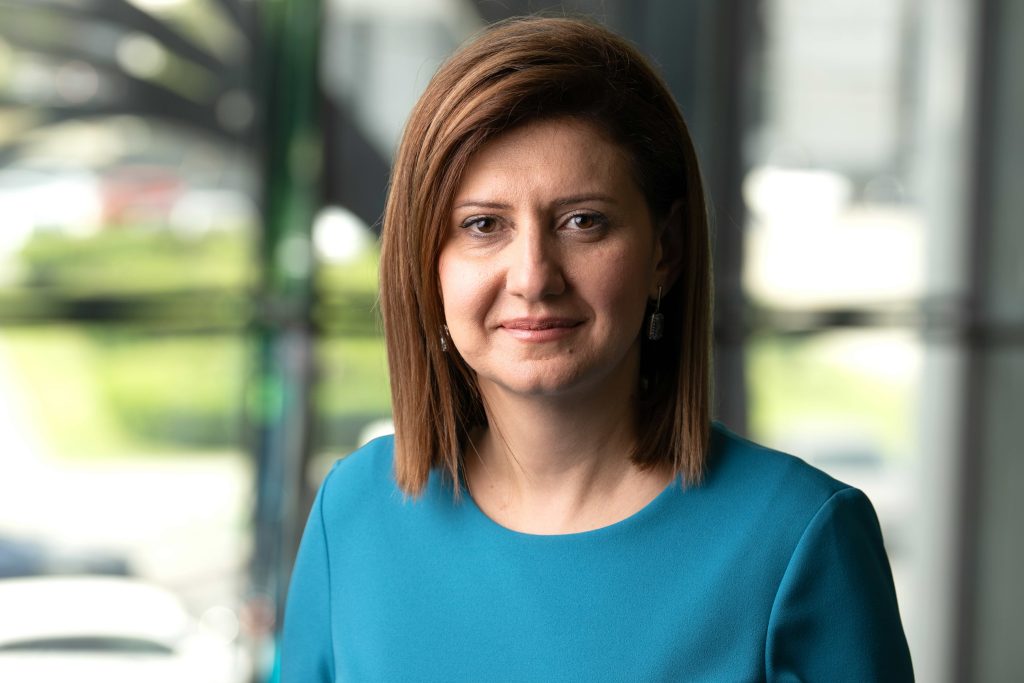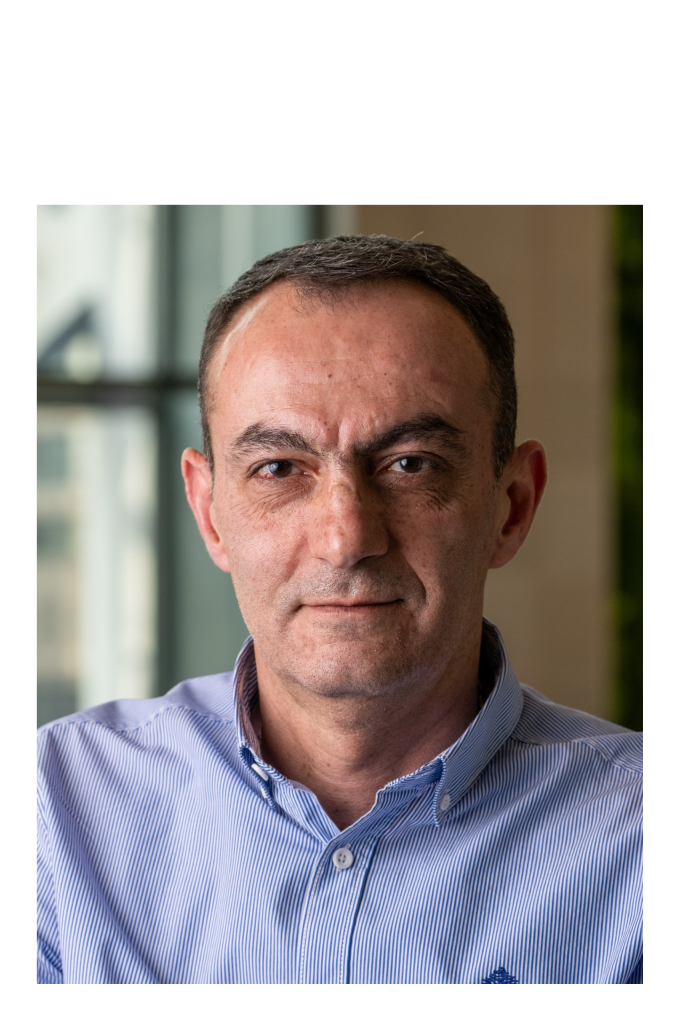In today’s globalized world, a culturally and ethnically diverse workforce is becoming the norm rather than the exception. At GN Tobacco, a leading global manufacturer of smokeless tobacco products and nicotine pouches, people from 27 different nations are working together in a high-tech factory environment. And here, it takes diversity to the max.
Some of the employees working at GN Tobacco in Enköping, Sweden, are handpicked recruits from far away countries, others have escaped war and hardship, and just needed a job. Now they work together on the process of manufacturing, packaging, and distributing snus, tobacco pouches that you put under your lip, and white snus, usually called nicotine pouches.
So, what is it like working in this extremely diverse environment? Is it all sugar, spice and puppy dog tails or does the mixed cultures and languages make it difficult to cooperate? We asked the Head of HR, Mikael Romu, himself a child of immigrants from Finland, about his experiences.
“My career before joining GN Tobacco has been more or less all international, with many years in Indonesia, China, America and other countries. So, I am used to working in international organizations with a diverse workforce. But the difference at GN Tobacco is that instead of working with people all over the world, here people from all over the world is working in one factory,” says Mikael Romu.
Diversity has become a buzz word and often companies seem use it just to make themselves look good. But at GN Tobacco, this is the everyday reality. So how do you see the strengths and weaknesses in this environment?
“For me, being passionate about people and how to create the best possible working environments, working with these questions here is an exciting adventure. Of course, mixing all these languages and cultures, and pouring it into a well-oiled highly technological machinery like our factory is guaranteed to create some issues.”
Misunderstanding each other due to language difficulties is of course one of the main issues. Instructions in a foreign language can be difficult to understand, especially when those instructions are delivered by someone who isn’t fluent. One of the concepts Mikael has been working with is arranging training at the factory. But the language is only the first and most apparent challenge. Another, potentially more difficult one, is culture.
“People’s values and ideas of right and wrong, including on how to behave in social situations, can be very different between countries, cultures, religions and other aspects. In some cultures, family comes above any other loyalties. In some cultures, elders must be treated with a lot of respect – even when they are wrong – and in others, women and men don’t speak to each other unless they have been properly introduced.”
According to Mikael, many employees come straight out of very different societies and cultures than the Swedish one and learning a new culture can often take longer than learning a language. At the same time, it is also about what we can learn and benefit from others.
Among the positive effects of an extremely diversified environment is the breadth of perspectives it brings. Employees from different cultural backgrounds can contribute a variety of ideas and insights, leading to increased creativity and innovation.
Another, perhaps not as obvious strength, is how people from all over the world and with different backgrounds bring with them an understanding of their countries and cultures. Since GN Tobacco develops, manufactures, and distributes products in over 80 countries, getting help to understand those markets is very beneficial.
Typical issues which HR professionals discuss in this field can be communications barriers, integration difficulties, and resistance to change from the existing – and sometimes more homogenous – workforce. Usually there would only be one way around the language issues – language training. But at GN Tobacco in Enköping, there is a completely different solution as well; language grouped shifts.
“As the factory has different parts, and work three or two shifts per day, the staff is divided into many different teams. Some of these teams speak Arabic and since the founder of the company is Armenian and have worked with many of his countrymen when building this business, we also have teams speaking Armenian or Russian. That solves the issues temporarily, but we are striving to help people learn Swedish so they can have a career wherever they want here in their new home country.”
So, to summarize the messages from Mikael; “The key to success with all this diversity is to not lose the benefits of being diverse, while also streamlining everyone to work in the same way and agreeing on the same behavior based on sharing the same values. Working together like that, we are pretty much unstoppable,” says Mikael Romu.





